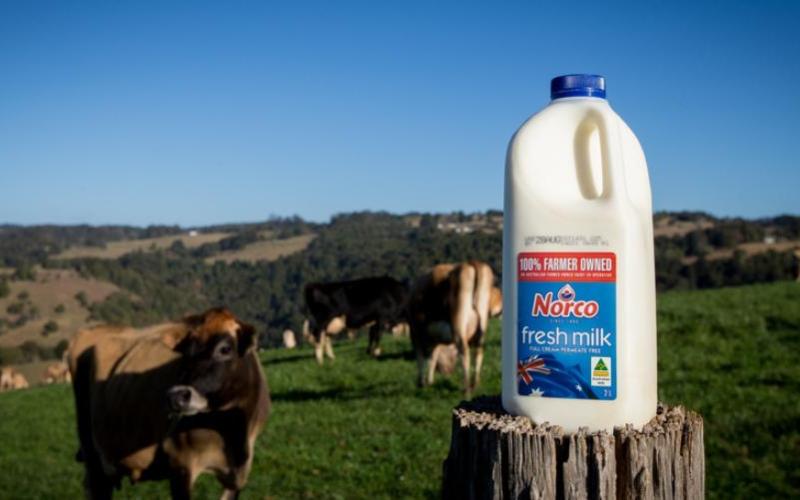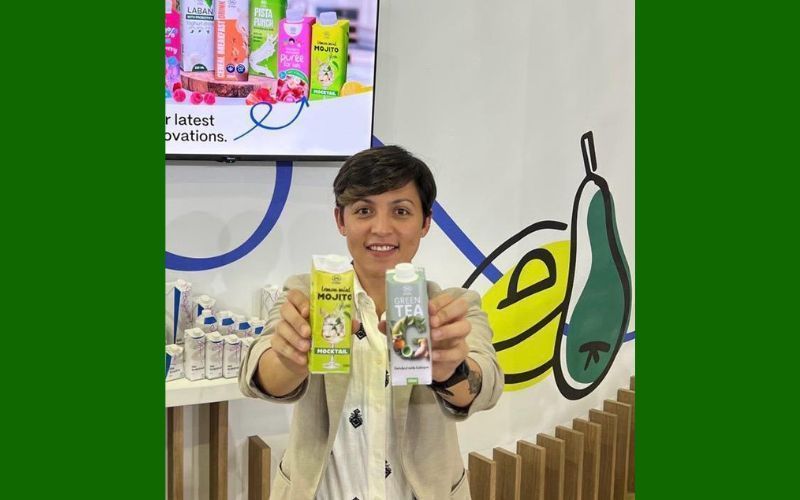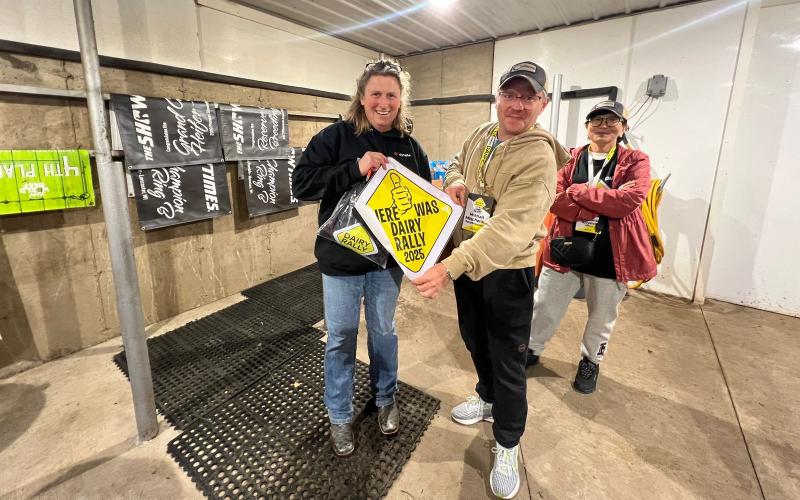Colorado Maintains Livestock Events Amid Bird Flu Concerns in Dairy Cows
Sourse: The DairyNews
Despite the detection of the highly pathogenic avian influenza (HPAI) in dairy cows, Colorado state officials have announced no immediate plans to alter upcoming livestock fairs and shows. During a virtual town hall, Dr. Maggie Baldwin, State Veterinarian from the Colorado Department of Agriculture (CDA), provided insights into the current bird flu outbreak affecting dairy herds, confirming an incident in northeast Colorado with more tests pending.

As of now, bird flu cases have been reported in 36 dairy herds across nine U.S. states. The virus, primarily found in the mammary glands of infected cows, presents complex challenges, including asymptomatic transmission among cows, which complicates detection and containment efforts. Despite these challenges, Baldwin confirmed that no guidance for modifications to livestock events has been issued yet, pending further directives from the USDA.
Symptoms in cows include reduced feed intake, decreased milk production, and changes in milk consistency and color. Notably, Baldwin reassured that unlike in birds, HPAI does not cause severe illness or high mortality rates in cattle, which generally recover with supportive care.
Addressing public safety, Dr. Rachel Herlihy, State Epidemiologist at the Colorado Department of Public Health and Environment (CDPHE), emphasized the low risk of bird flu transmission to humans, contingent on direct exposure to infected animals. Preventative measures for at-risk workers include using appropriate personal protective equipment and monitoring for symptoms.
Despite the presence of HPAI in some dairy products, health officials assured that commercial food products like milk, cheese, and yogurt remain safe due to the effectiveness of pasteurization in eliminating the virus. The state continues to monitor the situation closely, aiming to halt the spread of the virus among livestock and ensure public safety.
Symptoms in cows include reduced feed intake, decreased milk production, and changes in milk consistency and color. Notably, Baldwin reassured that unlike in birds, HPAI does not cause severe illness or high mortality rates in cattle, which generally recover with supportive care.
Addressing public safety, Dr. Rachel Herlihy, State Epidemiologist at the Colorado Department of Public Health and Environment (CDPHE), emphasized the low risk of bird flu transmission to humans, contingent on direct exposure to infected animals. Preventative measures for at-risk workers include using appropriate personal protective equipment and monitoring for symptoms.
Despite the presence of HPAI in some dairy products, health officials assured that commercial food products like milk, cheese, and yogurt remain safe due to the effectiveness of pasteurization in eliminating the virus. The state continues to monitor the situation closely, aiming to halt the spread of the virus among livestock and ensure public safety.
Key News of the Week














